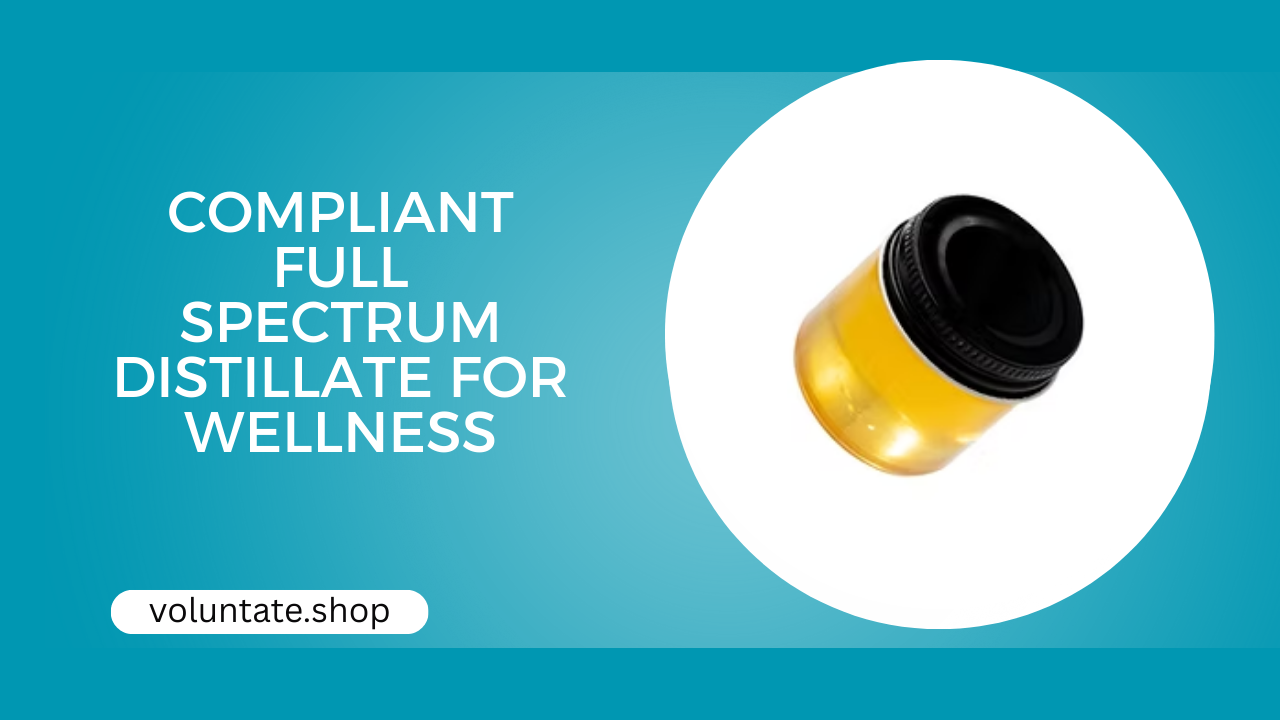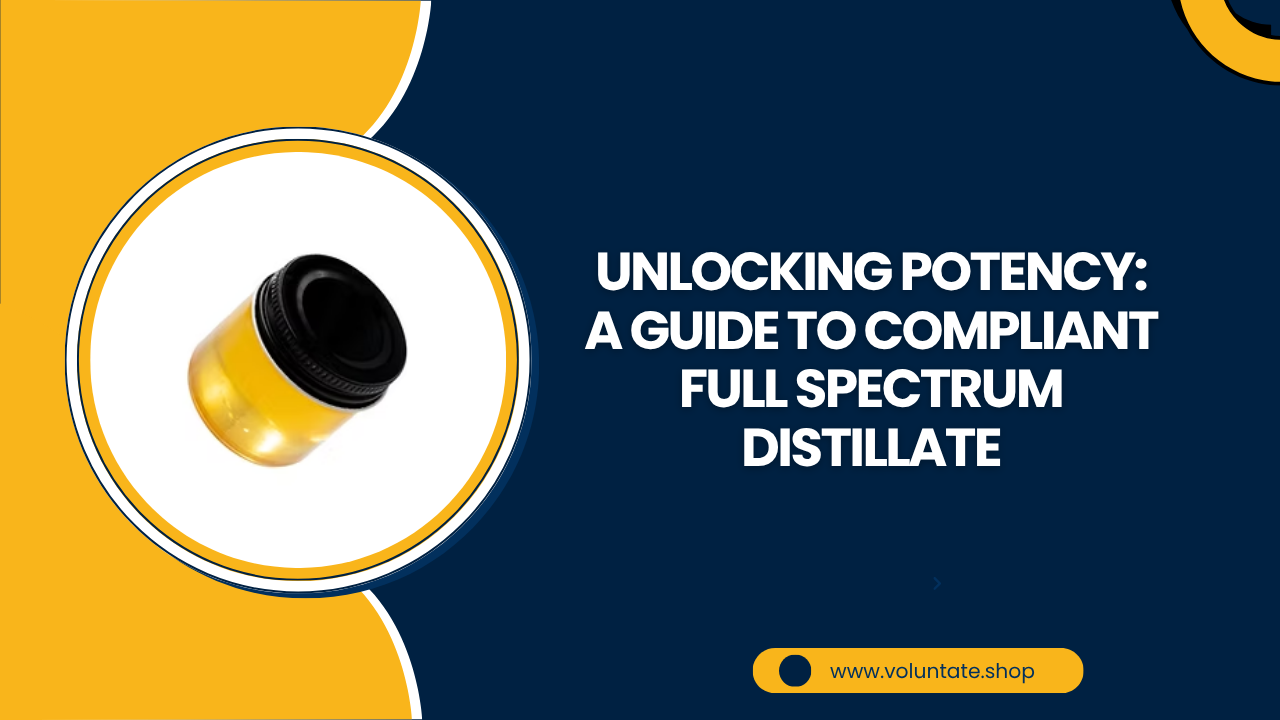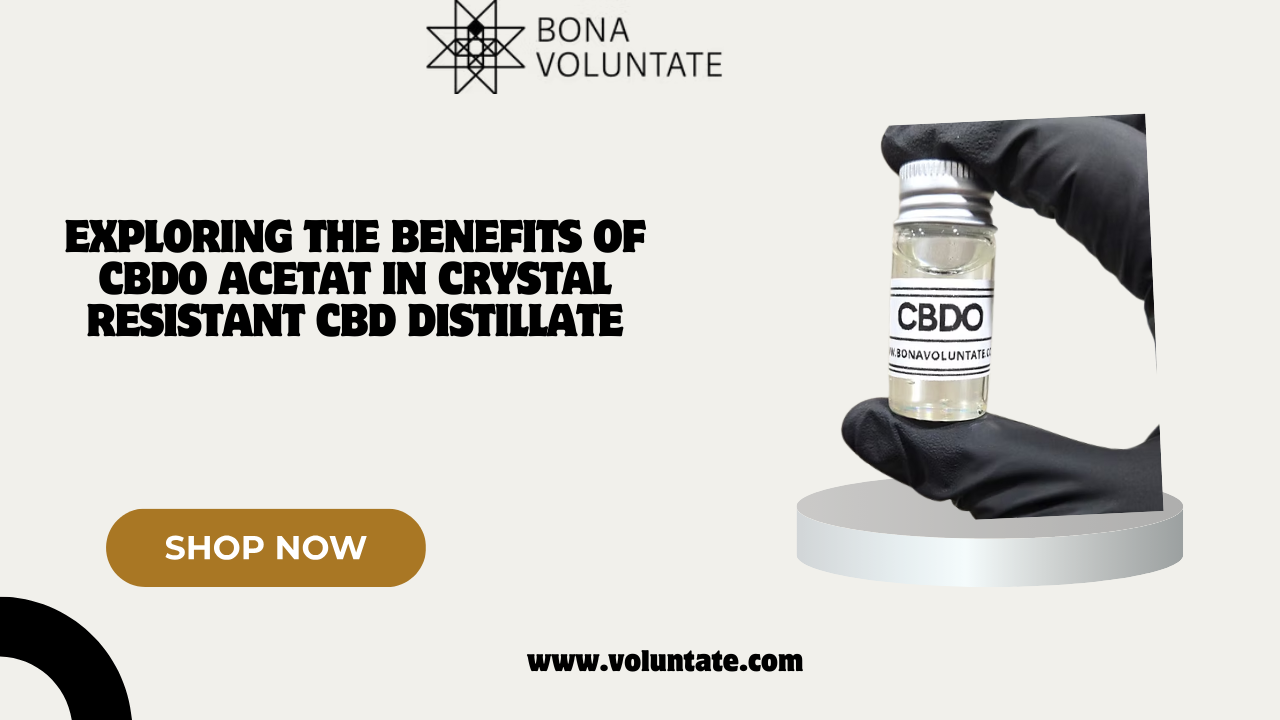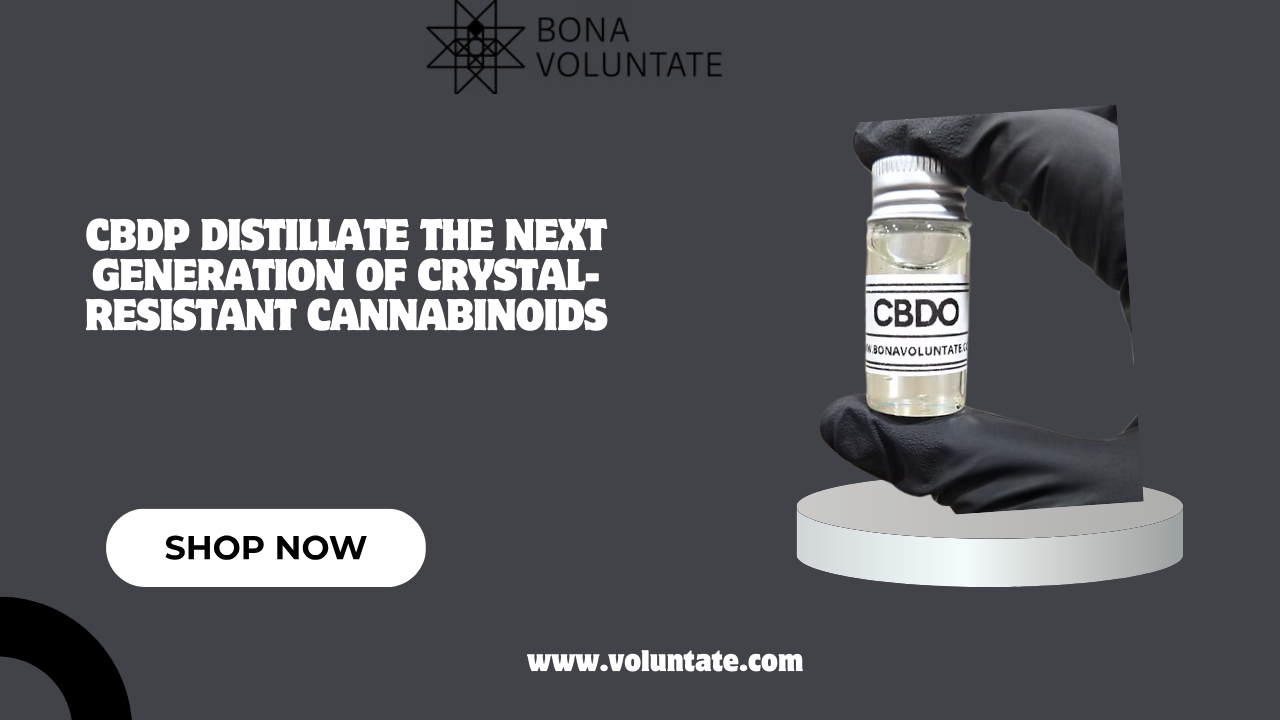CBD Distillate COA: The Essential Guide to Lab Testing & Product Safety
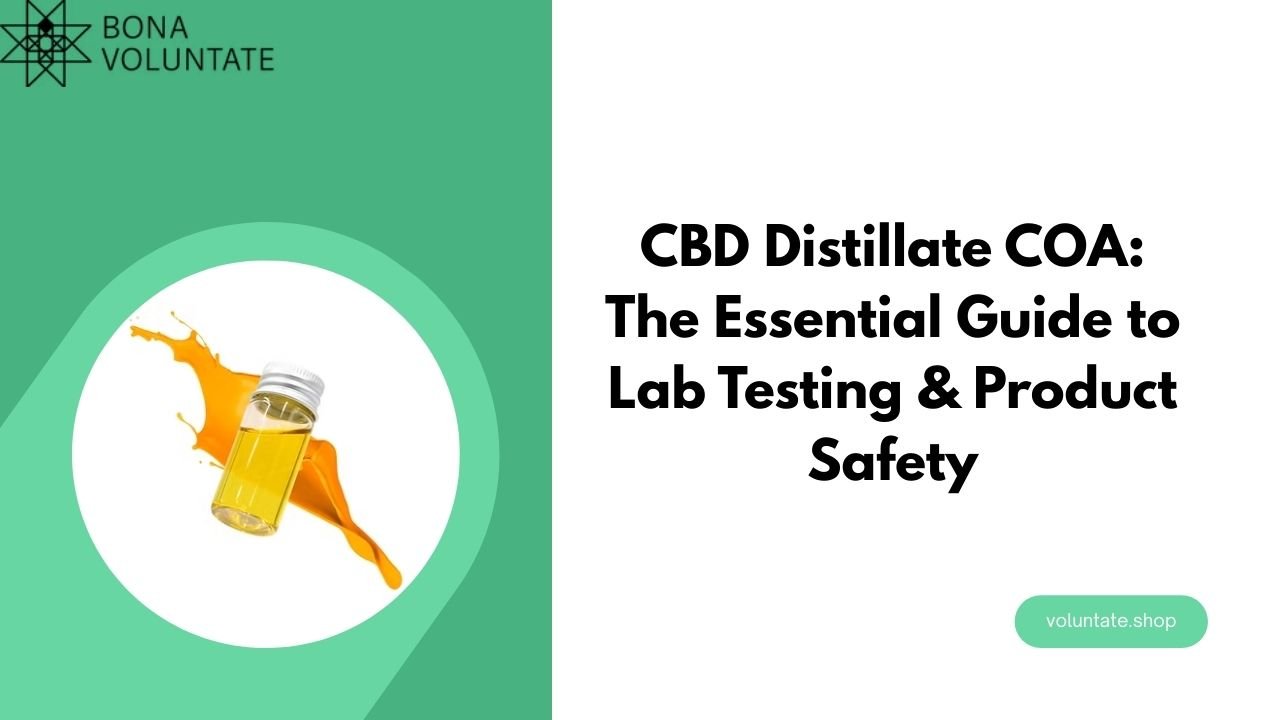
Introduction: Why Third-Party Testing Matters
With the explosion of novel cannabinoids like cbdo cannabinoid and thco distillate, verifying product quality has never been more important. A CBD distillate COA serves as your product’s “lab report card,” confirming:
✔ Accurate cannabinoid percentages (no false advertising)
✔ Absence of harmful contaminants (heavy metals, pesticides, solvents)
✔ Compliance with legal THC limits (<0.3% for hemp-derived products)
This guide will teach you how to read these reports like a pro and why they’re essential for every cannabinoid consumer.
What Exactly Is a CBD Distillate COA?
A Certificate of Analysis (COA) is an unbiased lab report that verifies:
1. Cannabinoid Profile
- Confirms percentages of CBD, CBDO, THCO, etc.
- Ensures product matches label claims
- Example: A cbdo acetat product should show high CBDO content
2. Contaminant Screening
- Heavy metals (lead, mercury, arsenic)
- Pesticides
- Residual solvents from extraction
3. Microbial Safety
- Checks for harmful bacteria, mold, yeast
4. Terpene Analysis (When Applicable)
- Identifies aromatic compounds that influence effects
How to Read a CBD Distillate COA: Section by Section
Potency Analysis
- Look for:
- CBD/other cannabinoid percentages matching label
- THC content below 0.3% (for legal hemp products)
- Unexpected compounds (should match product description)
Heavy Metals Panel
- Must pass strict limits for:
- Lead (<0.5 ppm)
- Arsenic (<0.15 ppm)
- Mercury (<0.1 ppm)
Pesticide Screening
- Should show “ND” (Not Detected) for all tested pesticides
Residual Solvents
- Common solvents tested:
- Ethanol
- Butane
- Propane
- Must be below acceptable limits
Why COAs Matter for Different Cannabinoids
| Product Type | What to Check in COA |
| CBDO Distillate | High CBDO %, minimal THC |
| THCO Distillate | THCO potency, legal compliance |
| CBDP Distillate | CBDP levels, purity markers |
| CBDO Acetat | Acetylation confirmation |
Red Flags in a CBD Distillate COA
🚩 No COA available (don’t buy untested products)
🚩 THC above 0.3% (unless in legal THC state)
🚩 Heavy metals/solvents over limits
🚩 Potency doesn’t match label claims
🚩 Outdated testing date (should be within last 6 months)
Real User Experiences: Why COAs Build Trust
⭐ “I never buy cbdo cannabinoid products without first checking the COA.” – Lisa, 32
⭐ “The cbd distillate coa showed 0% THC—crucial for my job’s drug testing policy.” – Mark, 41
⭐ “Finally found a thco distillate brand that posts full lab results.” – Jake, 28
⭐ “COAs should be mandatory for all cbdp distillate sellers.” – Sarah, 35
Category:
CBD Products – In today’s rapidly growing cannabinoid market featuring products like cbdo distillate and thco distillate, third-party lab testing through a CBD distillate COA (Certificate of Analysis) is non-negotiable for ensuring safety, potency, and compliance. Whether you’re using cbdo acetat or cbdp distillate, understanding COAs helps you make informed decisions about what you’re putting in your body.
FAQs About CBD Distillate COAs
Q: Where can I find a product’s COA?
A: Reputable brands (like Voluntate.shop) link COAs on product pages or provide QR codes.
Q: Do all CBD products require a COA?
A: Legally, no—but trustworthy companies test every batch.
Q: Can a COA be faked?
A: Yes, which is why you should verify the lab’s credentials.
Q: What if my cbdo acetat product has no COA?
A: Avoid it—no COA means no proof of safety or potency.
Q: How often should COAs be updated?
A: For each new batch (typically every 3-6 months).
Final Verdict: Always Check the COA
✔ Never buy cbdo distillate, thco distillate, or any hemp product without a COA
✔ Compare lab results to label claims
✔ Look for recent testing dates (within 6 months)

